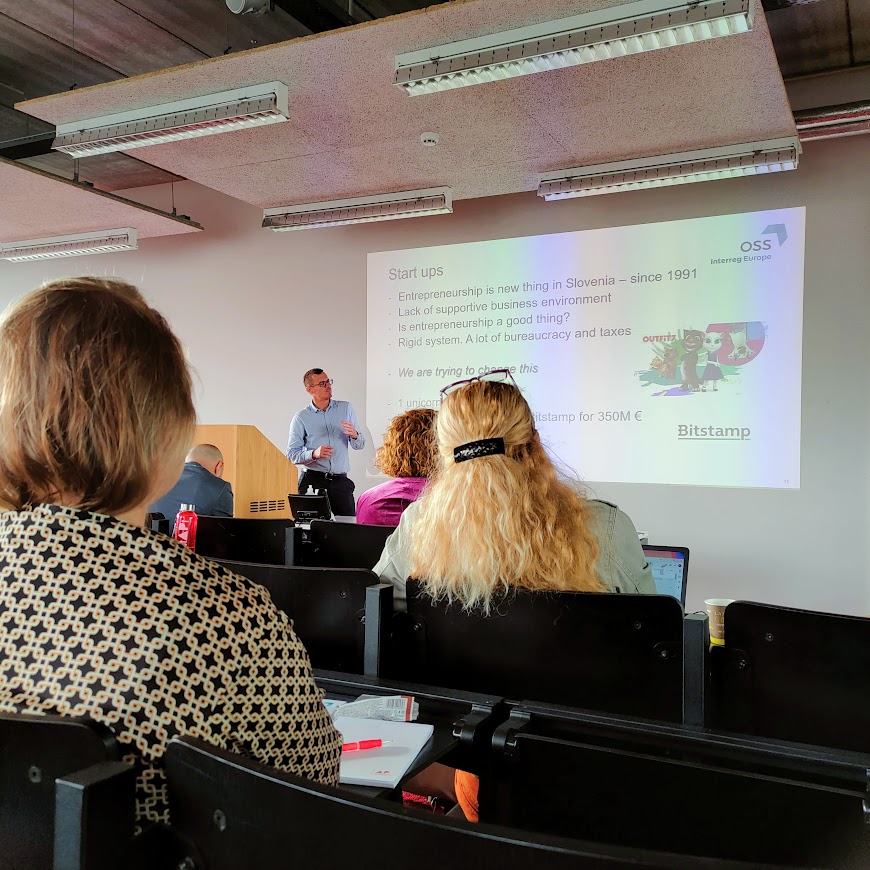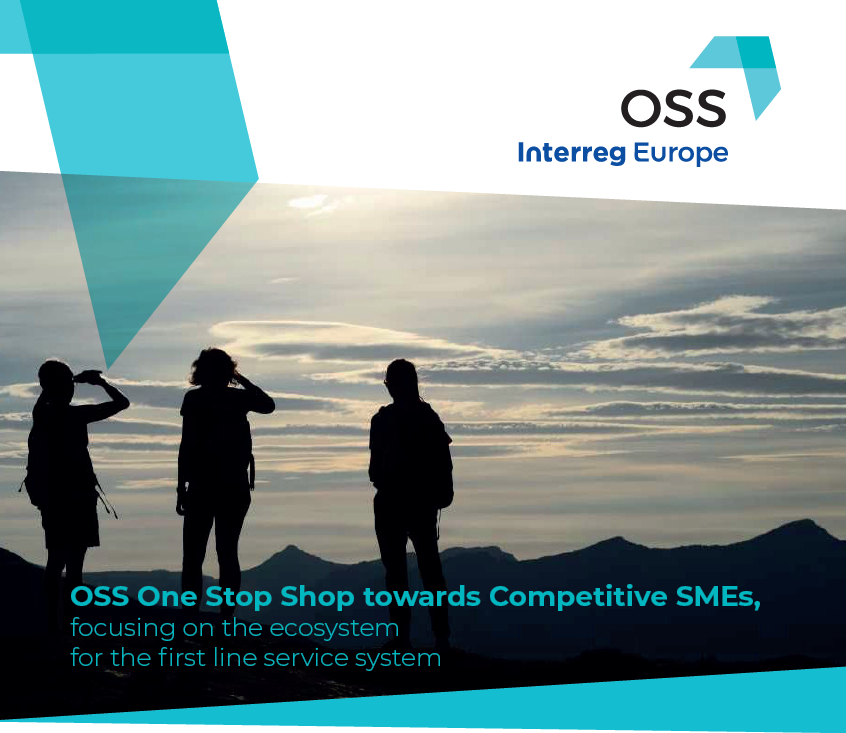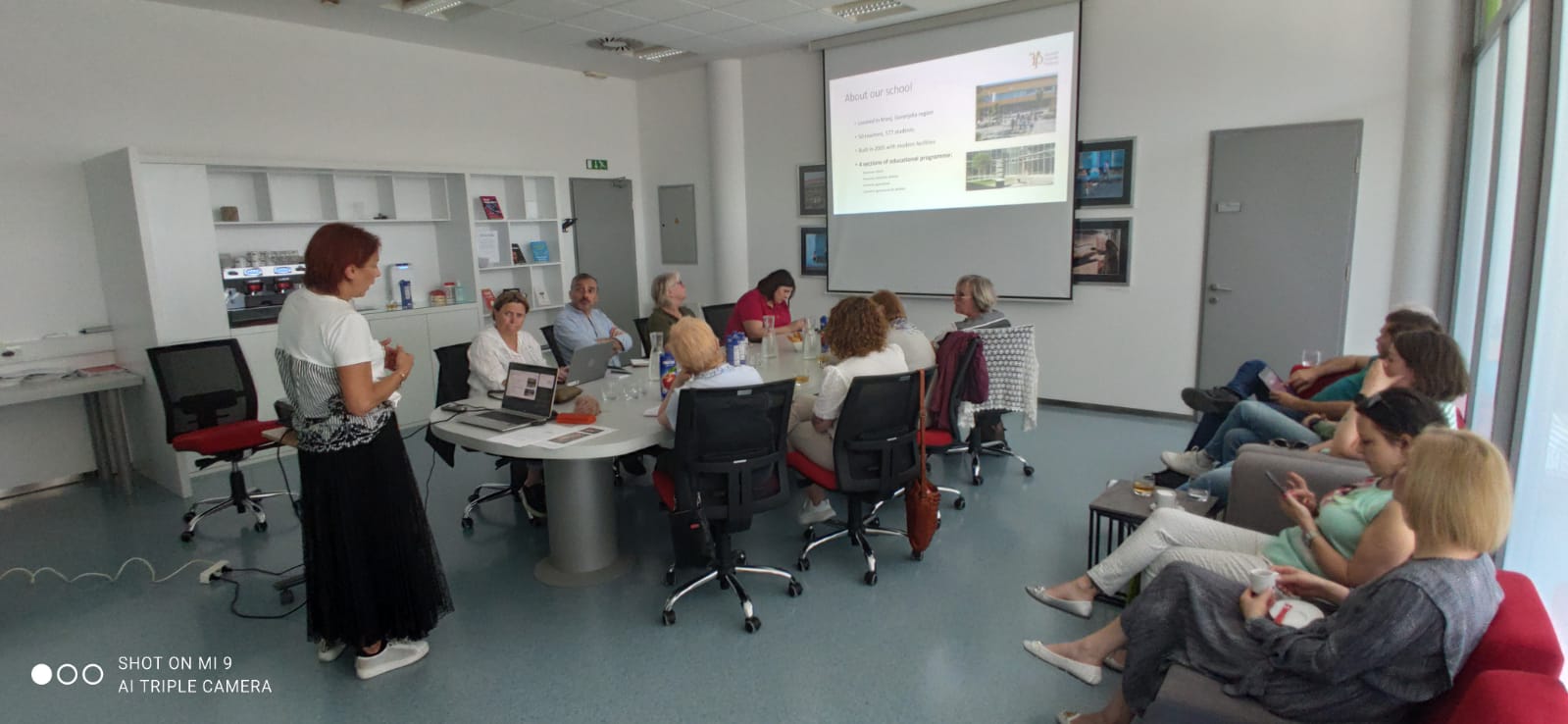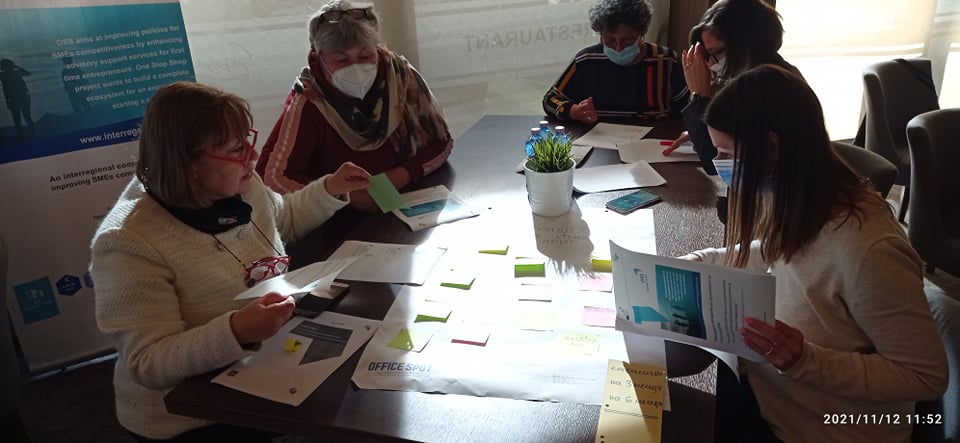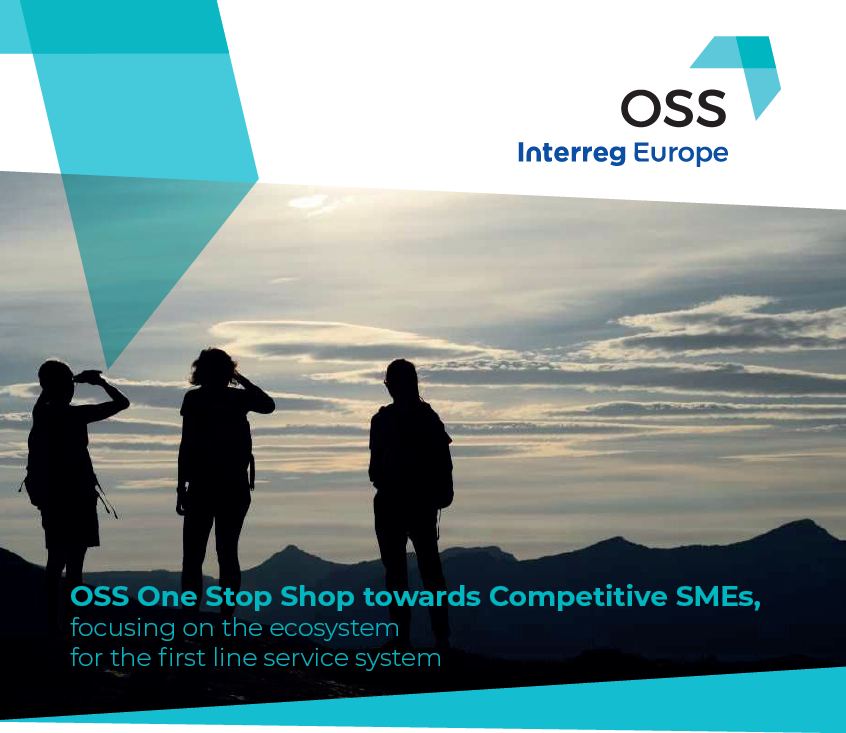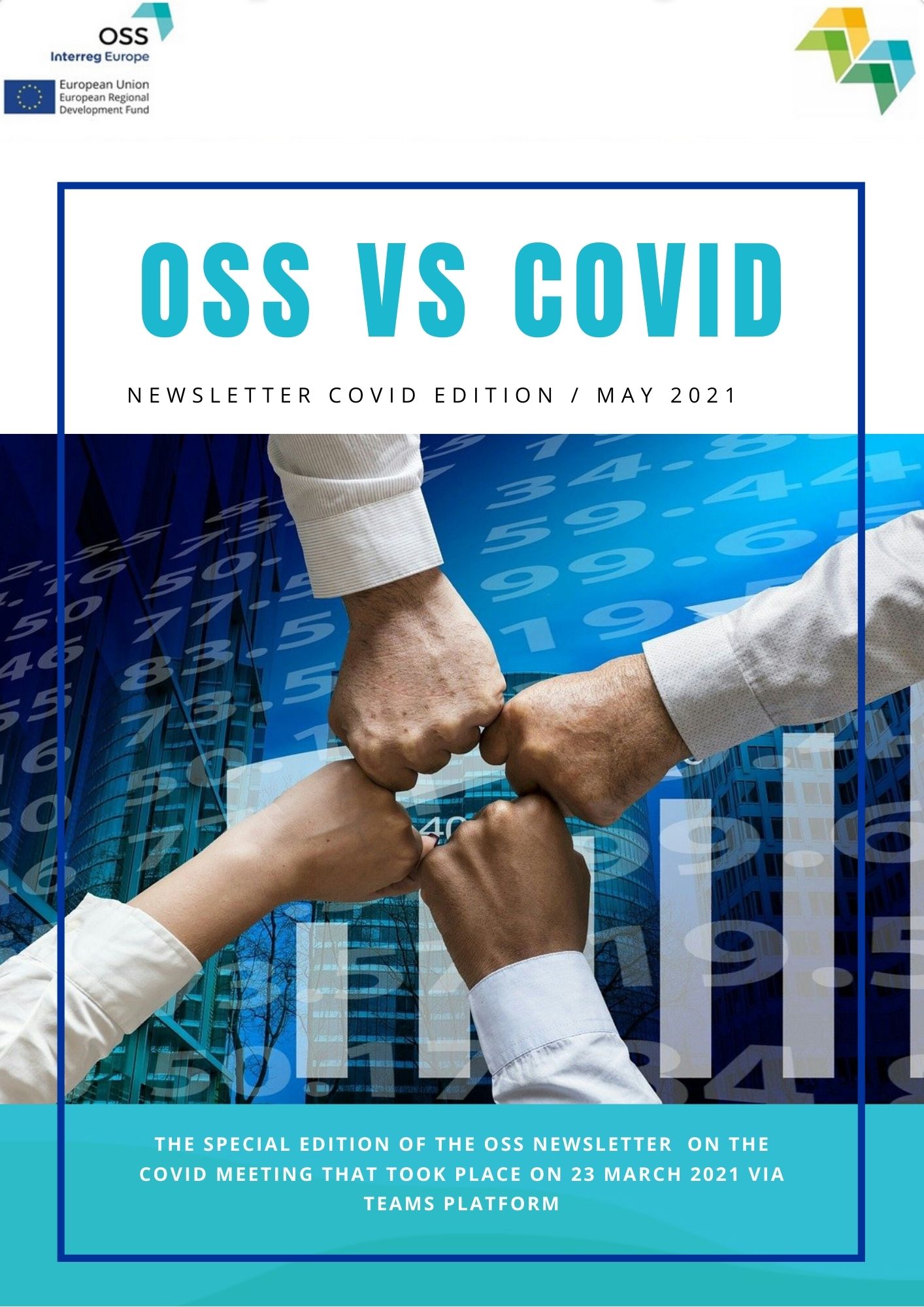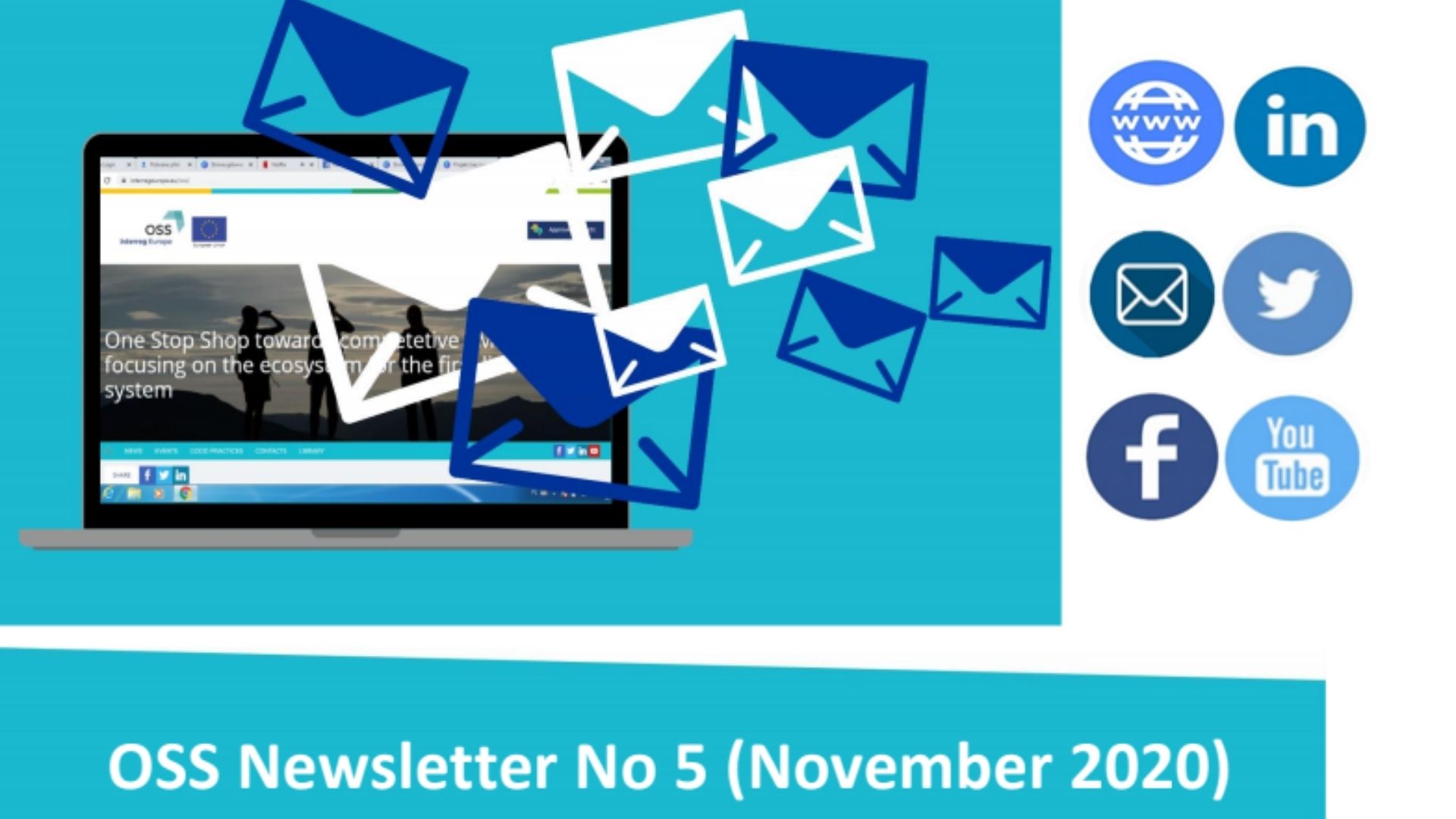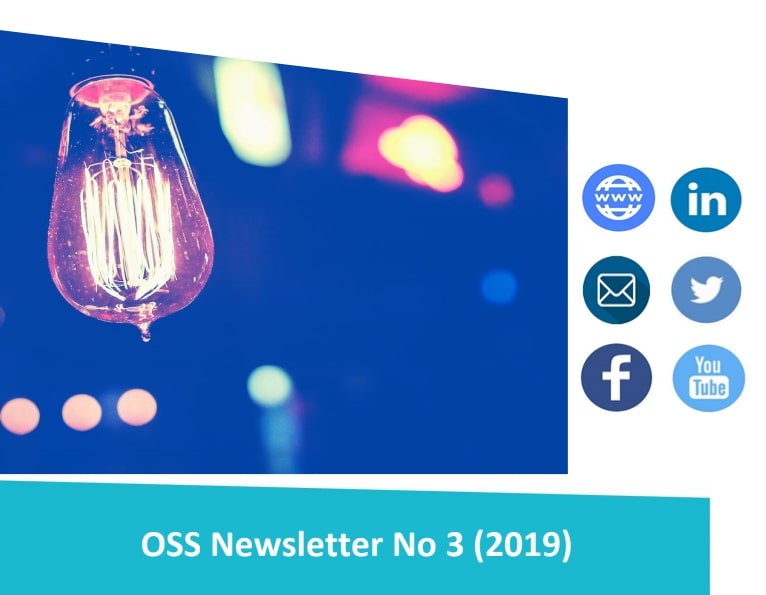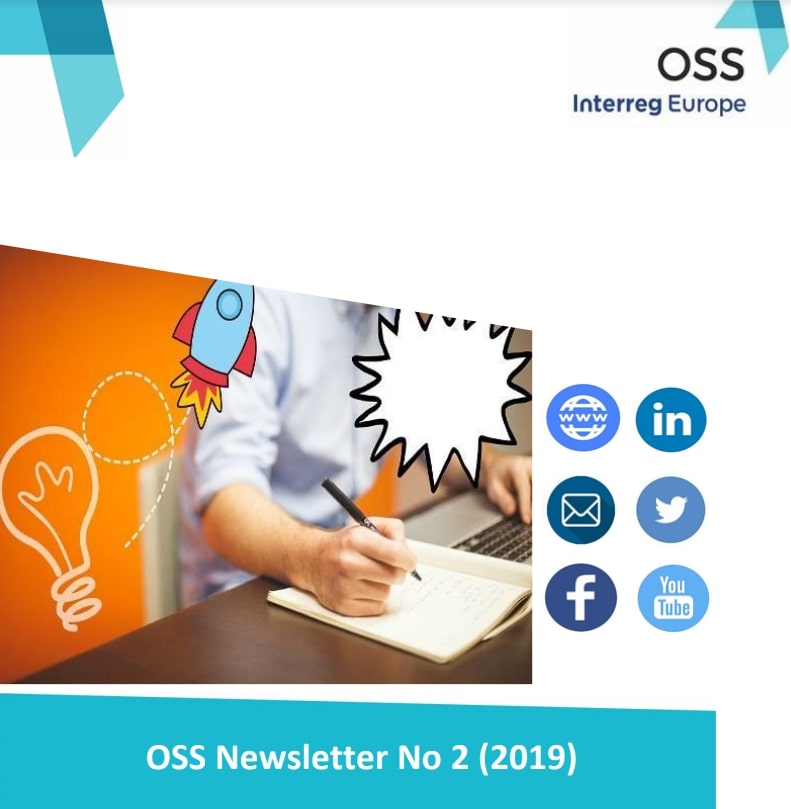Covid and the impact on the OSS consortium
Since March 2020 all OSS partners have been under various (types of) lockdown, have supported waves of covid, have been working on and off from home… Some of us have lost loved ones, some of us have had the vaccine already.
All of us have noted that our stakeholders have been struggling over the past year. Our project manager Malene Aaram Vike had the very good idea to organize an extra partner meeting in which every partner could contribute what, according to them, was interesting to hear from others. We also invited colleagues from other Interreg Europe project for whom this topic is as important as it is for us.
This report is a witness of that meeting and consequently contains a large variety of inputs – all equally interesting.
The crisis, caused by covid is different from all other crises before: born in the health segment of society, it has consequences in every layer of society. Moreover, the whole world has been affected by it. The economic consequences that are noticed, differ as all the economies involved, differ. And it is not over yet, as we can understand from recent, large outbreaks such as in India.
From the examples of solutions given in this report, it comes forward that most countries in a first reaction have come with financial packages in order to preserve the economy: to protect existing SMEs, and not everyone kept money apart for start-ups.
Thus: different types of the economy lead to different reactions. Digitalization is one solution that has popped up in all countries and where it used to be an extra, it has become now a necessity or even an obvious skill. In Bulgaria and in the UK more start-ups were born during the covid period than ever before and in Norway staff becomes more versatile, because they get re-trained. In Spain we see that not everybody asks for the aid they are entitled to, but for all stakeholders in all countries, it is clear: they have to adapt or die!

In Bulgaria, a lot of regional levels financial measures have been taken, for instance, online support services on various things like financial advice, markets, etc. National level financial measures (in collaboration with EU) for micro and small enterprises, medium enterprises and some targeted funding for specific industry branches have been offered. On the national, level some organizations and institutions give support. For instance: the Bulgarian SME promotion agency will support 130 SMEs that move their businesses online.

Analysis by the Spanish Entrepreneurship Observatory speaks of ‘paralyzed’ business activity and also of ‘uncertainty’. Surviving the lockdown(s) by maintaining as much as possible is one of the slogans. In reality, many SMEs went down, due to canceled orders, although the bigger ones amongst them seem to have suffered less. It is kind of strange, but from the report, we read that almost half of the companies didn’t start the procedure to try and get aid. With the help of EU money, local governments have supported local companies.

Our Norwegian partner is situated in More og Romsdal, where the maritime sector is still heavily present. Grants are available for companies that want to facilitate online skills development. This re-training of staff prepares them for the new take off after the covid period and is focused on having more versatile staff, so: less dependent on others.

In Poland regional money (originating from EU support) helps businesses: there are grants for SMEs and for startups. The intention is to support the maintenance of the economic activity, with beneficiaries being both micro and small entrepreneurs from the region. This help system stopped in November 2020 but the pandemic is still going on. Actually, this money has meant a lot to the region when businesses suffered so much from problems.

In the UK people started to re-think their lives and an amazing number wanted to set up a business. WSX Enterprises provided free support to businesses (stopped after 6-9 months).
As far as the grant scheme (regional money) was concerned: initially people were panicky, but by now everybody knows which schemes are available. What is missing though, is money for SMEs that want and need to refresh!

In Slovenia extensive fiscal and other financial packages were developed in order to assist the population and to assist in parallel the economy. There were measures to preserve jobs, improve the social situation. But even so, there were public finances to support the field of labor.
In general, we can say that various support schedules were developed in the various EU countries. Some support more the population and others support more the industry. The striking thing is that there are no common rules for the whole of the EU.


